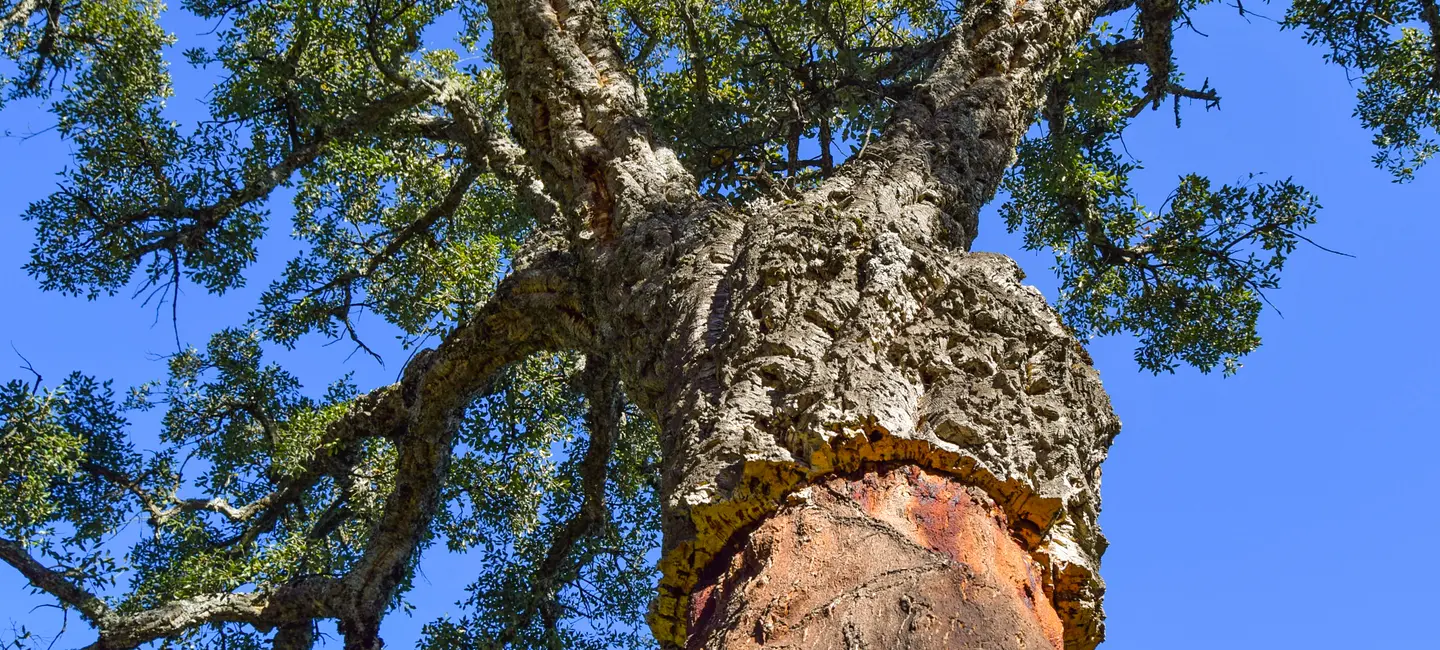
Corkwood tree (Duboisia myoporoides) is native to Australia. It's grown as a source of certain chemicals, including scopolamine and atropine, which are used as drugs.
The chemicals in corkwood tree can affect the central nervous system and cause serious side effects. The cured and rolled leaves (quids) are sometimes chewed.
People use corkwood tree quids for hunger, pain, tiredness, and other conditions, but there is no good scientific evidence to support these uses. It might also be unsafe.
Don't confuse corkwood tree with phellodendron, which is sometimes called cork tree. These are not the same.
Is It Effective?
There is interest in using corkwood tree for a number of purposes, but there isn't enough reliable information to say whether it might be helpful.
Is it Safe?
When taken by mouth: Corkwood tree is likely unsafe. It contains chemicals that can cause many serious side effects, including convulsions, coma, and death.
Special Precautions & Warnings:
Pregnancy and breast-feeding: It's likely unsafe for anyone, including those pregnant or breast-feeding, to take corkwood tree. Avoid use.
Drying medications (Anticholinergic drugs)
Interaction Rating=Moderate Be cautious with this combination.
Corkwood tree can block a chemical in the body called acetylcholine, which has many important functions. Some medications, called anticholinergic drugs, also block acetylcholine. There is some concern that taking them together might increase the risk for confusion, blurred vision, decreased sweating, and increased heart rate.
Herbs that affect the brain and heart (anticholinergic herbs): Corkwood tree might block a chemical in the body called acetylcholine. Acetylcholine plays a big part in many important body functions. There is some concern that taking corkwood tree along with other supplements with similar effects might cause increase the risk for blurred vision, confusion, increased sweating, and increased heart rate.
Examples of supplements with this effect include angel's trumpet, belladonna, bitter yam, jimson weed, and scopolia.
There are no known interactions with foods.
There isn't enough reliable information to know what an appropriate dose of corkwood tree might be. It's also likely unsafe. Speak with a healthcare provider before use.
Boacouillo, Boanco, Duboisia myoporoides, Palo Corcho, Pituri.
Information on this website is for informational use only and is not intended to replace professional medical advice, diagnosis, or treatment. While evidence-based, it is not guaranteed to be error-free and is not intended to meet any particular user’s needs or requirements or to cover all possible uses, safety concerns, interactions, outcomes, or adverse effects. Always check with your doctor or other medical professional before making healthcare decisions (including taking any medication) and do not delay or disregard seeking medical advice or treatment based on any information displayed on this website.
© TRC Healthcare 2024. All rights reserved. Use and/or distribution is permitted only pursuant to a valid license or other permission from TRC Healthcare.
